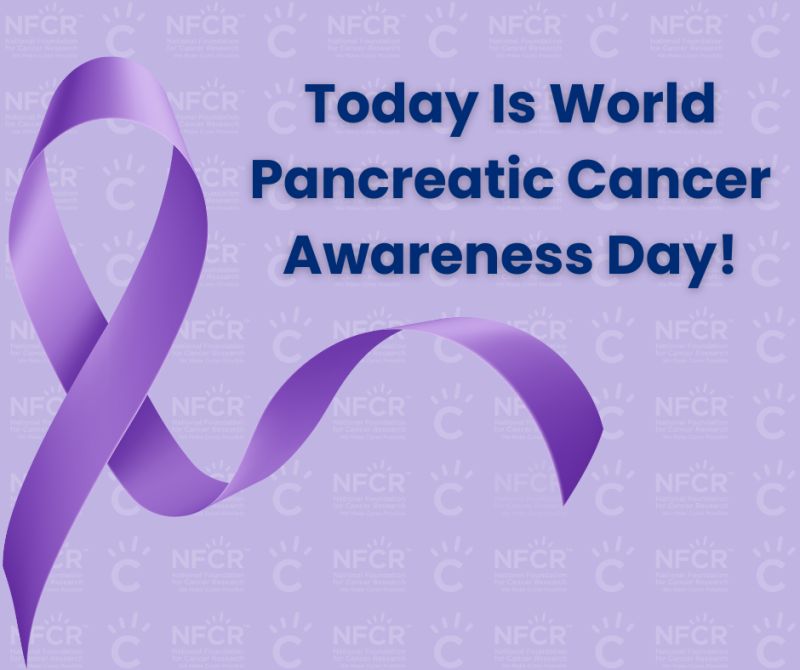The National Foundation for Cancer Research (NFCR) shared on LinkedIn:
“Exciting Breakthrough in Pancreatic Cancer Research!
NFCR supported scientists Dr. Avery Posey (University of Pennsylvania) and Dr. Courtney Houchen (University of Oklahoma) have developed a groundbreaking CAR T-cell therapy designed to target pancreatic cancer—a particularly aggressive and difficult-to-treat cancer.
Here’s the breakthrough:
New Targeting Approach: They’ve engineered CAR T-cells to recognize a unique “sugar portion” of a protein (CEACAM6) found on pancreatic cancer cells. This makes the therapy highly specific, reducing the risk of attacking healthy cells.
Enhanced Effectiveness:
Dr. Posey’s team optimized the CAR design to ensure these T-cells stay strong and effective through multiple tumor-killing rounds in pre-clinical models.
Dr. Houchen’s lab tested these super-charged T-cells on patient-derived pancreatic tumors grown in 3D cultures—an advanced method that mimics how tumors grow in the body. The results? Significant tumor shrinkage.
Why It Matters:
This therapy could solve major challenges in CAR T-cell treatment for solid tumors like pancreatic cancer, which historically have been hard to target effectively.
What is CAR T-cell therapy?
Think of it as reprogramming the patient’s own immune cells to act as a guided missile system. Scientists equip the T-cells to “seek and destroy” cancer cells by recognizing specific proteins on their surface.
These promising early results pave the way for future clinical trials and, hopefully, a powerful new tool to fight pancreatic cancer.
Help us continue to support breakthroughs like these.”

More posts featuring NFCR.


